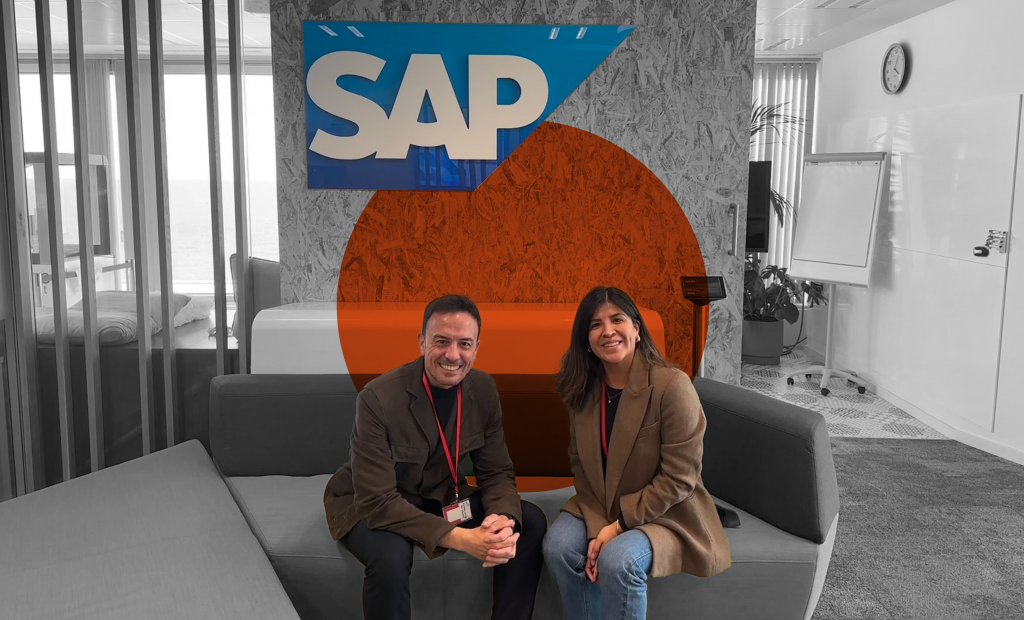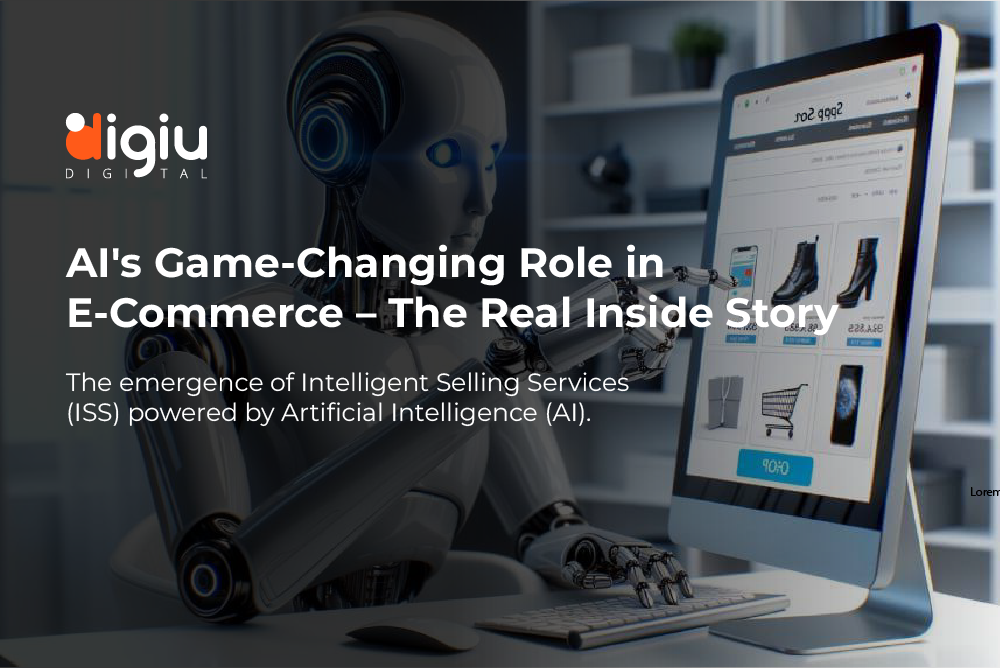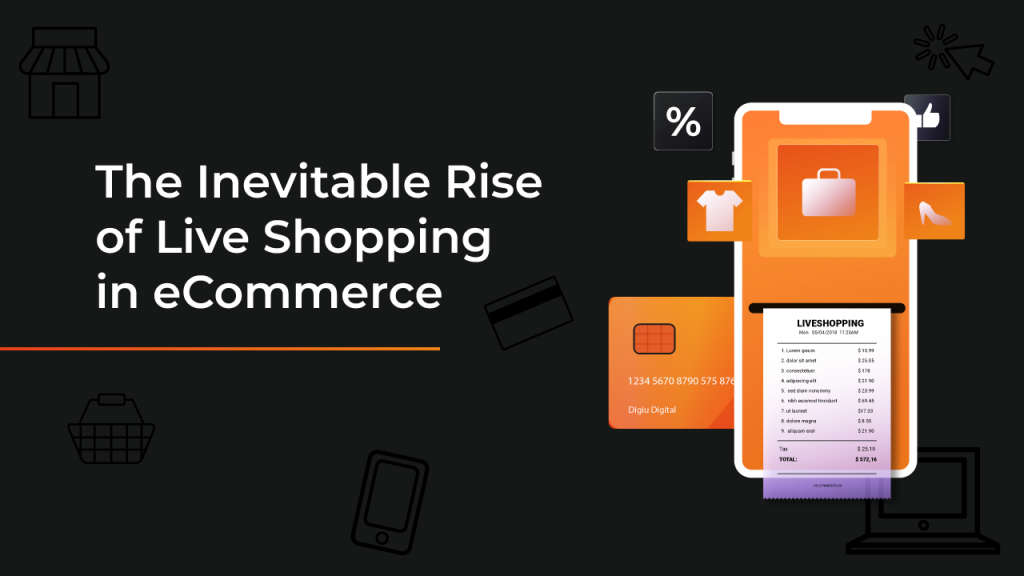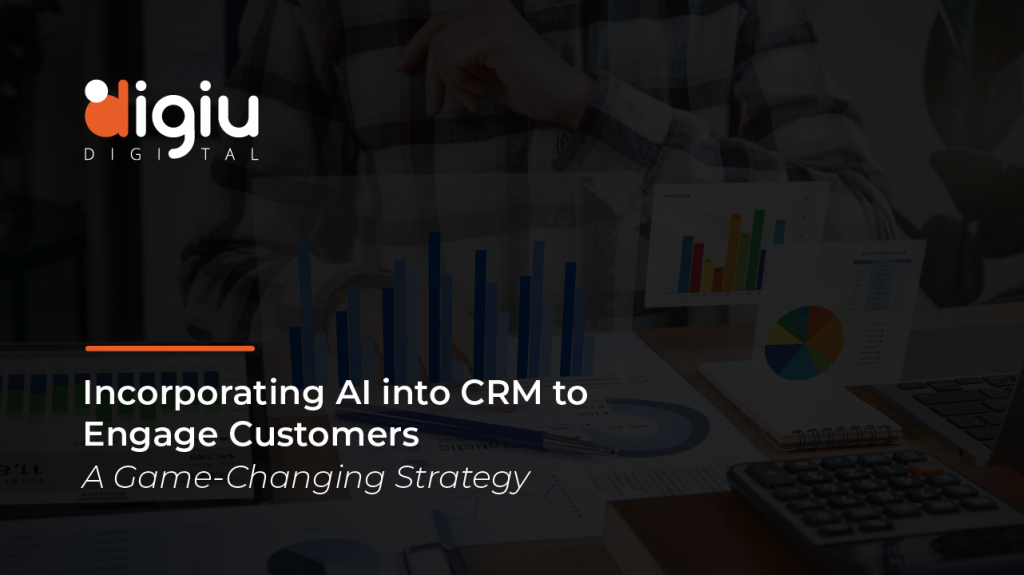In order to continue evolving and always be ahead of the demands of the technology market, the Digiu Digital Group is increasingly consolidating its business lines, segmenting its services and clients to better meet each demand in a personalized way. Digiu Digital, Meisters Solutions and Medikus Health Tech Ecosystem are the companies that make the group, all sharing the same values: Passion – we are committed, engaged and inspired. Innovation – we are constantly growing, learning and evolving, to always bring ideas to the development of new products, promote new business models, offer new services and improve our customers’ processes. Expertise – We embrace and pride ourselves on our competence and experience and are always improving our knowledge to continue being experts and driving change. Digiu Digital is the holding and consultancy business line, specialist in digital transformation, digital commerce and customer experience. It helps businesses to automate and modernize their processes. Medikus Health Tech Ecosystem was created to attend to the digital demands of the health sector, focused on technological solutions for healthcare process management. Meisters Solutions, the digital development business line, is the first company of the Group. It was founded in 2001 under the name Flieger Software, focusing on software development for the B2B market. History In 2006, Flieger started working with Hybris, long before its acquisition by SAP. Because of its expertise with Hybris, in 2010 Flieger became part of FH, a SAP consulting company. In the following years, Flieger and FH grew and gained more and more recognition: – became the first SAP partner to achieve all SAP Hybris certifications – the Flieger Commerce accelerator was launched and became unique worldwide certified by SAP as an OEM. – In 2017 there was an expansion of the business with the creation of FH International, at that time the company had customers throughout Europe and Latin America and became a leader in those markets for E-Commerce and Hybris. – the company has launched several products certified by SAP, such as Flieger CX Suite and Flieger Plug and Play. – Was awarded at the SAP Global Meeting in Rome, as “SAP Strategic CX Partner” in 2019. In that same year, Digiu Digital was founded and FH was acquired by NTT Data Business Solutions. After the acquisition, Digiu remained an independent brand with an exclusive partnership with NTT in Europe, and Flieger rebranded to Meisters Solutions. In 2021 Medikus was created. Although its solutions have been helping companies for years, under Meisters and Digiu’s management, the company was created formally only in 2021 after incorporating Medikus Marketplace into its portfolio, an innovative solution that allows health business purchasing processes to be managed digitally in a cloud environment. Summing up all this history, the Digiu Digital Group has a unique background: +20 years of history +16 years working with e-commerce and digital commerce Delivered projects in +15 countries In its portfolio, composed of more than 500 digital projects, and more than 250 projects specific for e-commerce, the group has already served large clients, and leaders in their respective industries, such as Logista, Johnson & Johnson, Hering, Adveo, Dufry, Gonvarri Industries, Leroy Merlin, among many others. Willy Möller, Meisters founder, CDO and Senior Partner of the Group is very enthusiastic about the division in different business lines, according to him “separating the processes is very important so that we can give all the attention and structure that our customers need”. Emílio Osete, Co-Founder and CEO of Digiu Digital explains: “Each company has its own processes and leadership, but they still share knowledge, human resources and technical skills. This ensures that we can offer our customers a complete and personalized service, which combines consulting, strategy, services and development in different technologies, in addition to maintaining a close and lasting relationship”. Joel Bezerra took over as CEO of Meisters Solutions earlier this year after having worked for years as a Project Manager at Flieger/FH/NTT. He is responsible for all the operations of the company in Brazil and says “with this better organization and definition of the roles of each business, Meisters was able to expand and create other initiatives, such as our Fintech Unit. We are growing continuously as a software development company whose goal is to become part of our customers’ infrastructure”.









